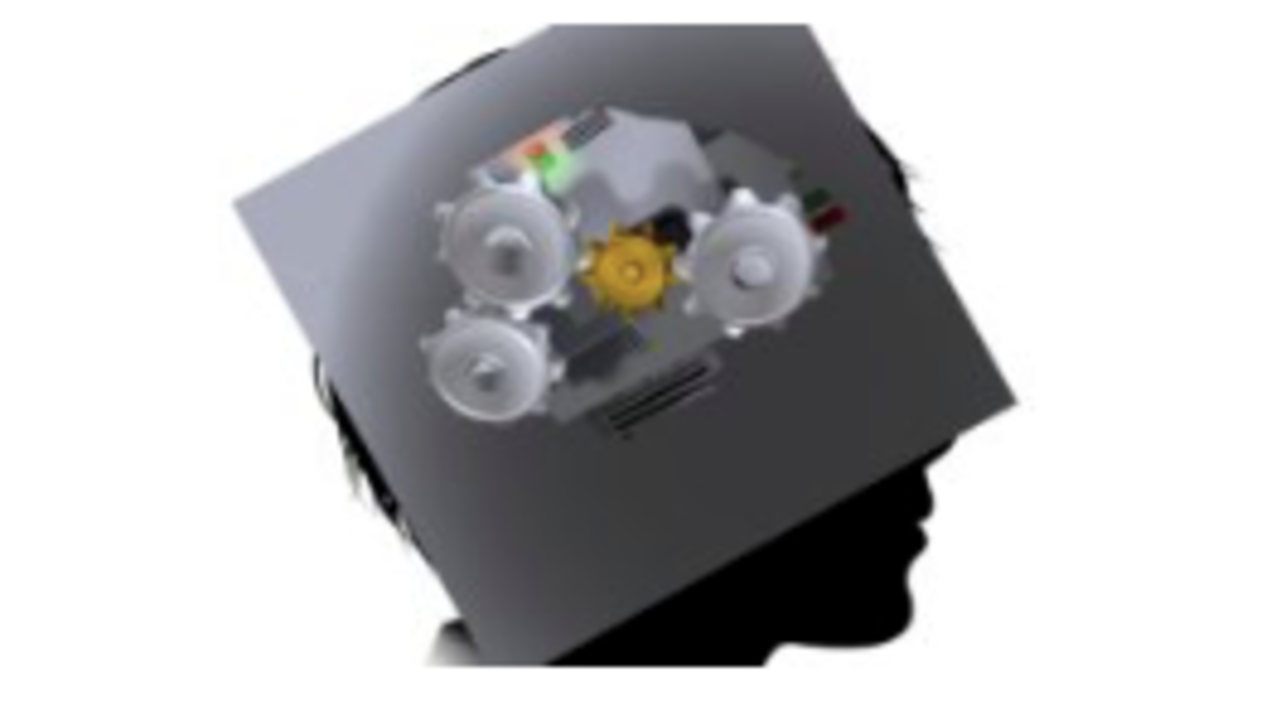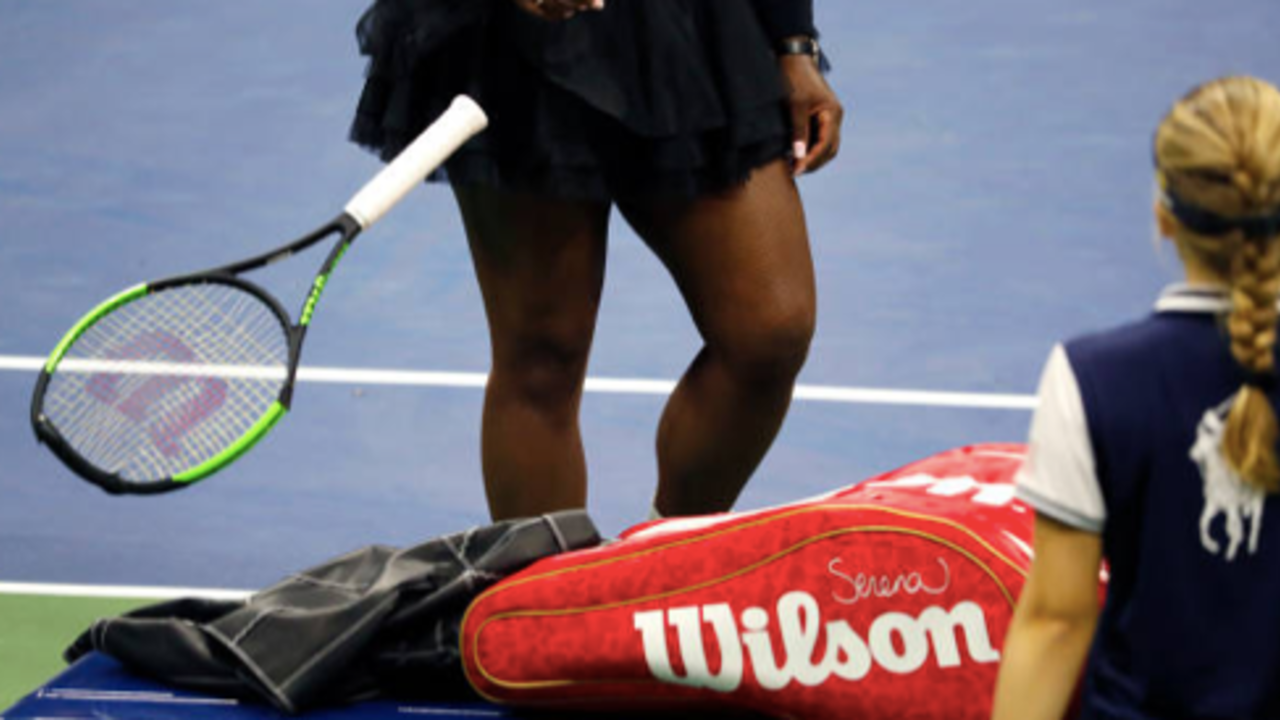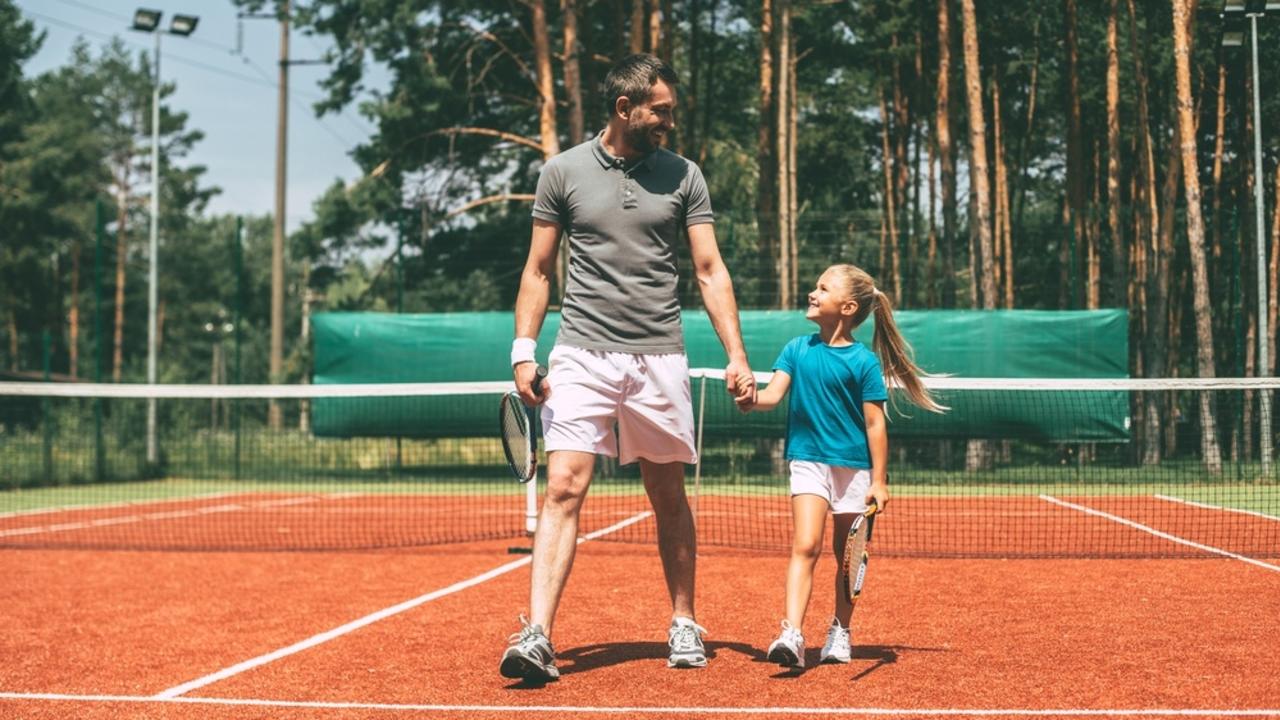WELCOME TO OUR FREE ARTICLES, VIDEOS, AND RESOURCES
Would you like us to send our best free tips, tools, and special offers straight to your inbox?
Why Success In Tennis Is Much More About How Players Compete On Their Worst Day Than Their Best…
When Marco Cecchinato was down 2 sets to 0 against Marius Copil and fighting for survival during a tight 3rdset in the 1stround of the French Open I wonder if he ever imagined, having never won a Grand Slam match, the possibility of what might lay ahead if he could find a way to scrape out a victory.
My guess is probably not…
But 9 days later, he is still standing as the 1stItalian man to make a Grand Slam semi-final since 1978 after defeating Novak Djokovic in another amazingly gutsy effort.
His life changing run is a strong reminder of an often overlooked keys to tennis success….
This key is that because of the one on one match play structure of tennis, how players compete on their worst days is often more important that what they do on their best.
So, in golf for example (unless in a match play tournament), players’ performance over 4 rounds in averaged out to decide the placings. This means that golfers can often survive a round where their score is beaten by many play...
Nadal's Superpower and How Players Can Develop It...
During the 2018 clay court season, Rafael Nadal broke another amazing record, becoming the first male player to win 50 straight sets on any one surface. Consider that in his last 46 sets on clay before yesterday, no opponent had reached a tie-break against him and just once had someone achieved a 7-5 loss and his mind boggling run seems even more astonishing.
It got me reflecting on the mental attribute required to achieve such a feat and one stood out.
Relentlessness…
Andre Agassi described this attribute well in his book: ‘Open’. He said this about the difference between the great champions and the rest:
“The more you can be present on every point. I think that’s why you see great champions separate themselves at the end of a set or at the end of a match, because they are the ones that aren’t changing in their execution. They are not assigning a value to any one point more than another. It is about what they do point after point."
So how can players develop this relentl...
The Most Important Mental Toughness Lesson You'll Ever Learn From Federer's 20th Slam Victory...
And a classic case study for how in vital ways the field of sport psychology has set coaches, parents, and players up for failure when it comes to developing long-term mental toughness. But to understand why this is so, I need first to summarize the match and Federer’s experience of it.
Part 1- Federer’s Pre-Match Jitters
It was refreshing to hear Federer talk about how difficult he found the build up to the final.
He said, “Well I think my thoughts were all over the place all day, I was thinking what if I lost how horrible it would be to lose it, what if I won, it’s a late match start so I thought about this all day, I was so nervous going into this match.”
Part 2- Federer Looks To Make It An Early Night
With Federer off to a flyer as Cilic struggled to find his range in the cooler closed roof conditions, the 1stset was over in a flash. And early in the 2ndFederer looked like he was going to cruise to victory as he set up various break point opportuni...
The 2 Types of Mental Toughness...And Why We Need To Know the Difference

When we watch the ATP and WTA tour players compete, we have the privilege of watching the mentally toughest players on the planet.
And while it may not seem it while watching from the sidelines, playing at the highest level of the game brings huge levels of pressure that have caused many aspiring tennis players to be driven to mental weakness.
The reason that playing the game of tennis creates such huge pressure is that our human brain tends to interpret it more like a life and death situation, especially for those who commit so much of their lives to it.
But one thing I’ve learned over the years, is that even at the highest level, as we watch mentally tough players compete, there are 2 distinct types of mental toughness which are driven by different motivations and results in very different long term consequences both on and off the court.
I call these ‘Healthy Mental Toughness’ and ‘Unhealthy Mental Toughness’.
And while players like Federer and Nadal obviously are fille...
Why Parents Are The MOST Important Contributor to Children's Mental Toughness Outcomes...

How parents interact with children around tennis has incredible power in influencing mental toughness development, even more so than coaches. This is due to the 'perfect storm' of brain factors that make tennis parenting interactions the most powerful determinant of children's mental toughness development, both on and off the court...Let's explore the 4 most important now:
1.) Our Brains Remember Important Experiences Better...
The genius of the human brain is evident in the way it has evolved ways of deciding which life experiences need to be remembered and learned from and which can be forgotten.
Recent research has shown us that the brain figures out what is likely to be important to remember based on a number of factors, making it more easily rewired as a result of these factors.
2.) The Importance of Sport Experiences
And as it happens, there are two factors crucial to sport that encourage our ability to remember sport experiences: exercise and high levels of emotion....
How Daria Gavrilova's Difficult Mental Experience Can Help Us...
“Well, to be honest, I was really concerned about how I was going to feel on that center court. I was a bit nervous. I was telling my coaches, God, I feel like I'm playing first round all over again, like the same nerves. Yeah, I was probably thinking too much of what happened last year. I don't think it was actually a good thing for me. But in the end I managed to not do what I did last year.”
Daria Gavrilova before her 3rd round Australian Open match…
I love hearing honest quotes from top players about the unintentional difficult mental experiences (nerves, frustrations, worries, fears, etc) that come with competing…
Why?
1.) It Demonstrates Vital Mental Toughness Attributes
1st, when players talk openly about their difficult mental states it demonstrates awareness of mental experiences which increases the chance to have choice in how they respond to them (as opposed to players who lack awareness which leads to the automatic/habitual reactions based on the difficult stat...
The Kyrgios Saga Continues…Why Players Give Up
While I’ve written about Kyrgios’s issues a couple of times in the past I’ve never before received so many communications asking for my opinion as on his performance last night against Andreas Seppi.
So here it goes…
Essentially, the way I saw it, Kyrgios tried for 2 and a half sets…Didn’t try for the next set and a half… Then see-sawed between trying and not trying in the 5th.
First, lets clarify the possible reasons players don’t try…There are only 3:
1.) Lack of motivation
We most commonly blame a lack of effort on poor motivation. While this is sometimes the case, more often than not I’ve found that what I first thought was a motivational issue, turned out to be a result of other issues.
2.) Caught in Helplessness
A more common reason players give up is that they become caught up in the internal experience of helplessness.
Throughout evolution it has increased the chance of human survival to be able to predict the outcomes of conflict, so that rather than becoming i...
Why Do Players Act Angrily?

When players act angrily, to overcome it they usually need to first understand why they are acting that way. At first sight, we might assume that the anger comes from the frustration of not meeting performance expectations, or from being wronged (such as being cheated), and this can be the case. But there may be other reasons for player anger.
Let’s first look at 3 reasons players might act angrily during a match:
1.) Caught Up in Frustration
A common reason players become angry is that they become caught up in the internal experience of frustration.
For instance, if a player performs an action that doesn’t move them towards victory they may experience the thought, “That’s not good enough.” Similarly, when a player’s opponent makes an unbelievable play or if the umpire makes a bad call that moves them away from winning they might naturally experience the thought, “That’s not fair,” which will also evoke frustration.
The player can then naturally become caught up in the fru...
2 Powerful Communications That You May Not Have Realised Develop Mental Toughness...

If I could choose one attribute that I believe most supports player development of mental toughness I would choose emotional intelligence. But what is it and how can we nurture it in young players?
What Is Emotional Intelligence?
Emotional intelligence is the ability to respond flexibly and intentionally to difficult emotional experiences like frustration and nerves.
This ability allows us to choose actions that serve our best interests even when we are experiencing difficult internal experiences (thoughts, feelings, body sensations, urges.)
So, for instance, when faced with a match situation that evokes anxiety, emotional intelligence would allow players to recognize anxiety, be able to accept the normality of that reaction, and continue on to face the existing challenge.
And when engaged in the challenge, frustration will naturally arise after an error.
An emotionally intelligent response would see players recognize the feeling then refocus attention on a process that increases...
Seeing Tennis Through Your Child's Eyes...

Isn’t it amazing how tennis seems a lot easier to play while watching from the sidelines. But it’s just not that easy in the heat of battle. So for your child, whose brain is still developing, it can be incredibly challenging to respond well to match challenges like nerves and frustration under stress. This is true even for world class performers. So if he/she does face difficulties in tennis that are hard for you to understand, it’s important that you begin by trying to see the situation through his/her eyes.
Responding With Empathy
I rarely work with a parent who has anything but the best of intentions for their child. But often in our attempts to help someone we can overlook their experience because we judge the situation from our own point of view.
This can lead to miscommunications...
But by being empathetic to your child’s difficult tennis experiences you successfully join with him/her in seeing the situation through his/her eyes. And you’re able to not only explore h...
